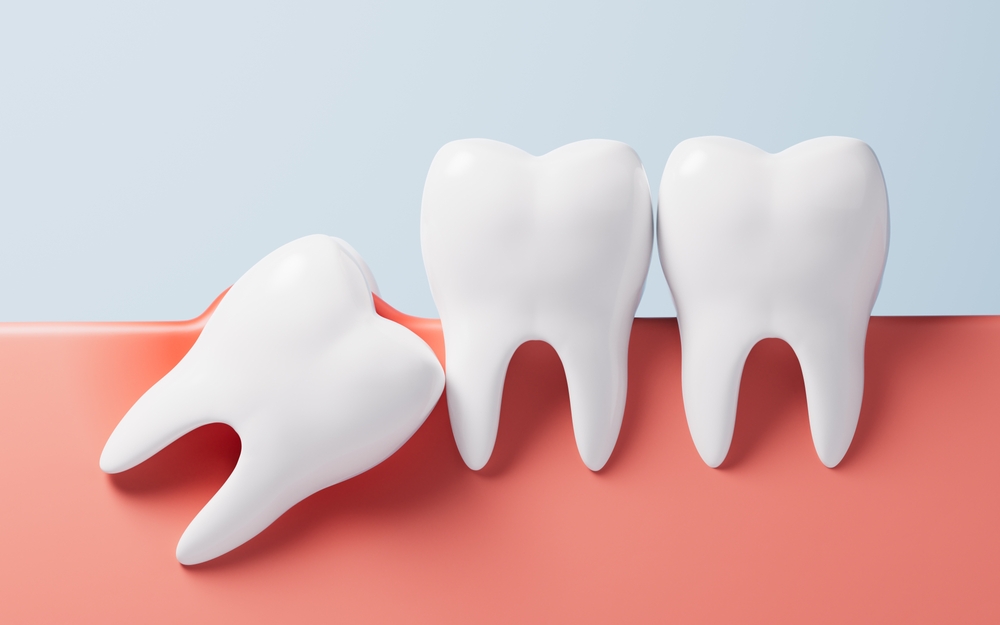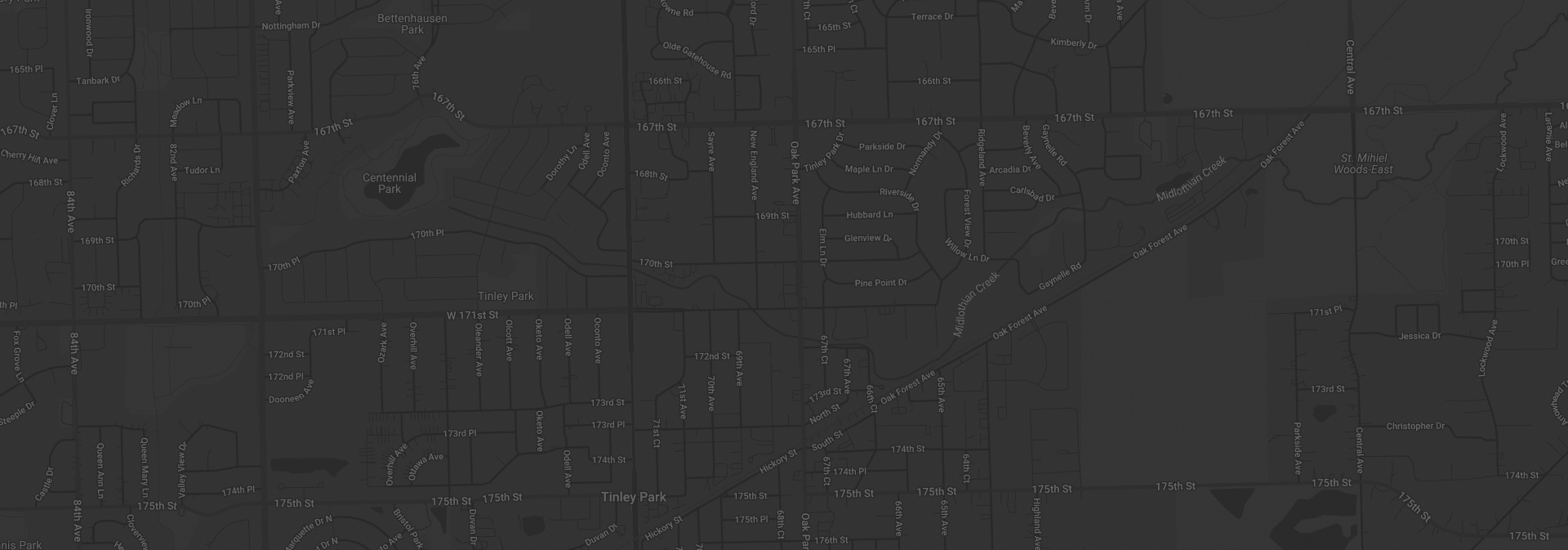
When wisdom teeth begin to emerge, it can be an uncomfortable experience for many people. These third molars, typically appearing in your late teens or early twenties, sometimes don’t have enough room to grow properly. When this happens, they can become impacted - meaning they’re trapped beneath the gum line or grow in at an awkward angle. Recognizing the signs of impacted wisdom teeth early can help you avoid more serious dental problems down the road.
Persistent Jaw or Gum Pain
One of the earliest signs of impacted wisdom teeth is pain in the back of your mouth or along your jaw. This discomfort may come and go at first but can intensify as the teeth continue to push against neighboring teeth or bone.
Swollen, Tender, or Bleeding Gums
As impacted teeth struggle to erupt, they can irritate the surrounding gum tissue. You might notice swelling, redness, or even bleeding when brushing or flossing. These symptoms can also increase your risk of gum infection if left untreated.
Jaw Stiffness or Difficulty Opening Your Mouth
Impacted wisdom teeth can put pressure on your jaw joint, making it feel tight or sore. You may find it uncomfortable to open your mouth fully or chew certain foods.
Bad Breath or Unpleasant Taste
When a wisdom tooth is partially erupted, it can create small pockets where bacteria accumulate. This often leads to bad breath or a foul taste in your mouth even after brushing, indicating infection or decay around the tooth.
Headaches or Ear Pain
Pressure from impacted wisdom teeth can radiate beyond your jaw, sometimes causing headaches or ear pain. Because the nerves in this area are interconnected, discomfort from your teeth may feel like it’s coming from your head or ears.
Shifting or Crowding of Other Teeth
If your mouth doesn’t have enough room, impacted wisdom teeth can push neighboring teeth out of alignment. You may start to notice subtle changes in your bite or smile over time.
Why Early Evaluation Matters
Even if your wisdom teeth aren’t currently causing pain, routine dental checkups and X-rays can help identify impaction before it leads to complications like infection, cysts, or damage to nearby teeth. Early detection allows your dentist to recommend safe, effective treatment - often before discomfort begins.
Relieve Wisdom Tooth Pain with Expert Care
Impacted wisdom teeth are common, but they shouldn’t be ignored. Recognizing the signs early and seeking prompt evaluation can prevent unnecessary pain and long-term dental problems.
If you’re experiencing discomfort or suspect your wisdom teeth might be impacted, contact Zaibak Center for Dentistry today. Our dental team can evaluate your situation and guide you toward the best treatment plan to protect your smile. Contact our office in Tinley Park, Illinois, by calling (708) 556-2500 to book an appointment.




